Google, Facebook fined €210 million for making it difficult for users to reject cookies
Data regulator CNIL gives companies three months to provide a system for refusing cookies that is as easy as single click consent
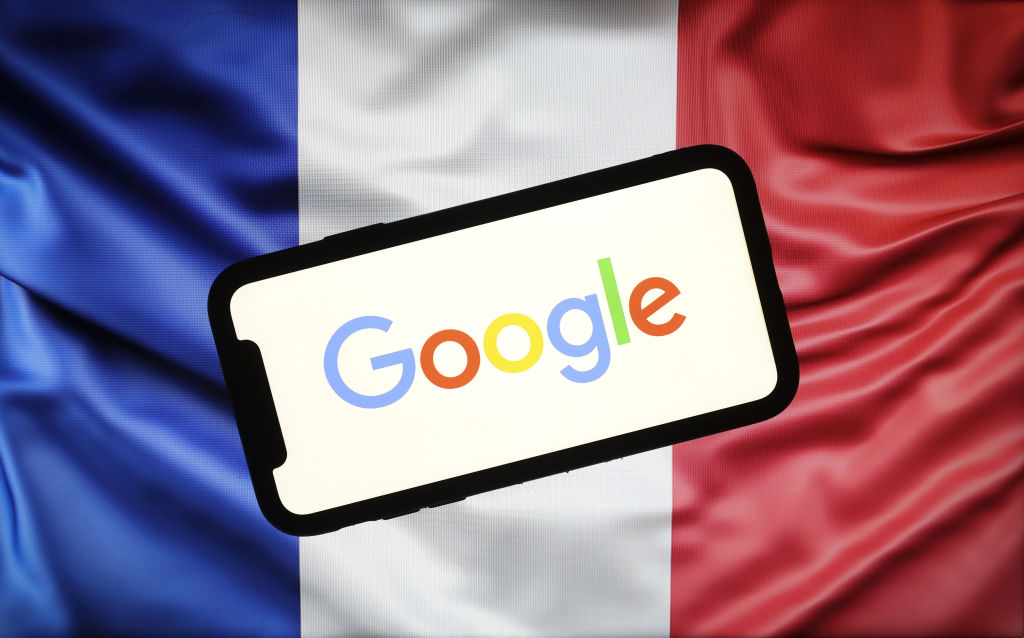

Google and Facebook have been hit with a combined fine of €210 million (£175 million) over failures in policies that allow users to accept and refuse cookies on their websites.
France's National Commission for Information Technology and Civil Liberties regulator (CNIL) fined Google €150 million euros, €90 million for Google LLC and €60 million for Google Ireland Limited, while Facebook Ireland Limited was given a fine of €60 million.
CNIL said that the websites facebook.com, google.fr, and youtube.com have all failed to provide an easy way for users to reject cookie collection on their browsers, and that several clicks are required to refuse all cookies, compared with a single click to provide consent.
The regulator argued the fact users are unable to refuse cookies as easily as they can accept them influences their choice in favour of consent, constituting an infringement of Article 82 of the French Data Protection Act.
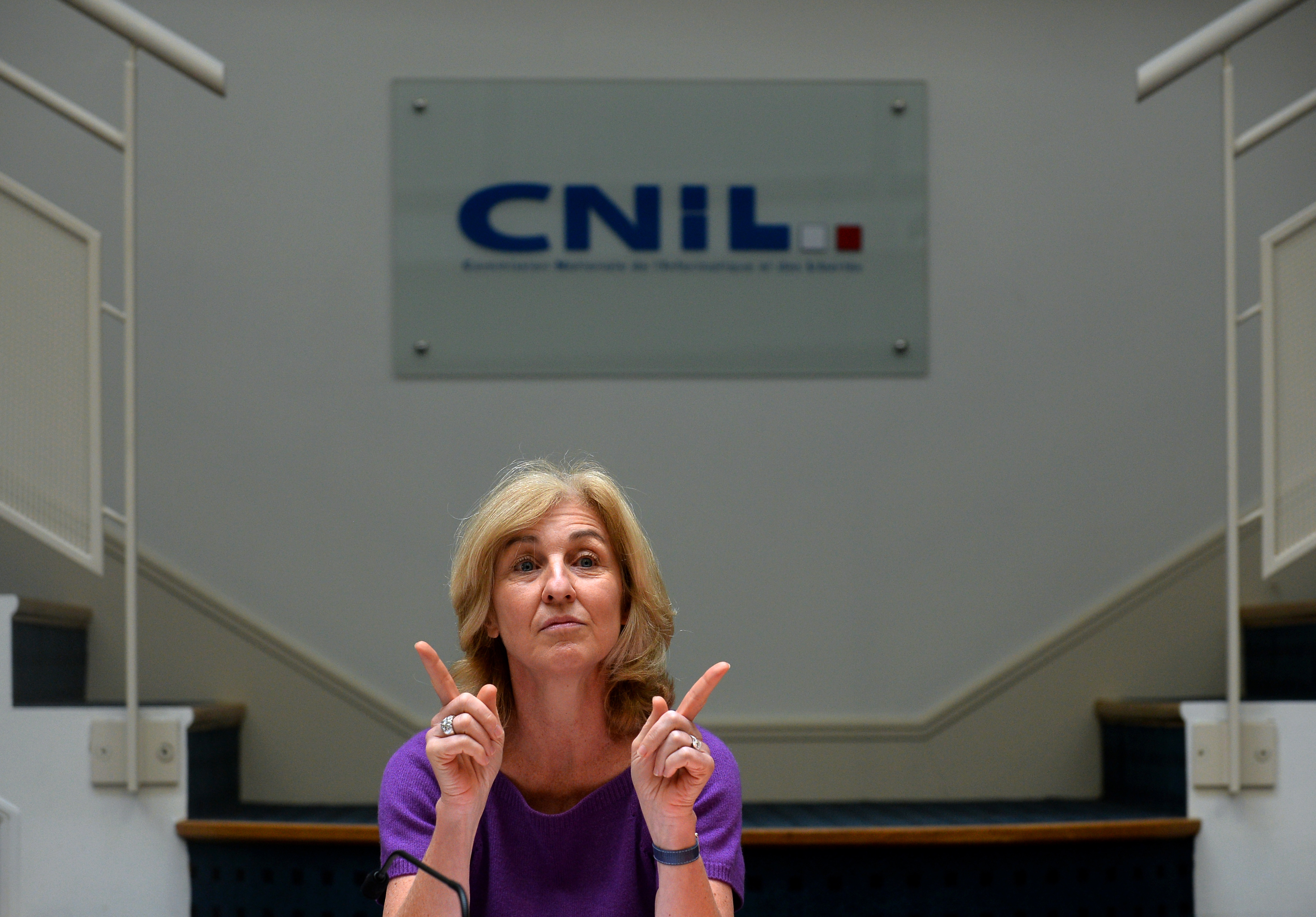
Isabelle Falque-Pierrotin, head of France's National Commission for Information Technology and Civil Liberties (CNIL), speaking at CNIL's headquarters in Paris
The penalties also order the companies to provide internet users in France with a means of refusing cookies that is at least as simple as the existing mechanism for accepting them, within a three month period. If they fail to do so, the companies will have to pay a penalty of €100,000 per day of delay.
"We are reviewing the authority's decision and remain committed to working with relevant authorities,” a spokesperson from Meta told IT Pro. “Our cookie consent controls provide people with greater control over their data, including a new settings menu on Facebook and Instagram where people can revisit and manage their decisions at any time, and we continue to develop and improve these controls.”
Get the ITPro daily newsletter
Sign up today and you will receive a free copy of our Future Focus 2025 report - the leading guidance on AI, cybersecurity and other IT challenges as per 700+ senior executives
A Google spokesperson said: “People trust us to respect their right to privacy and keep them safe. We understand our responsibility to protect that trust and are committing to further changes and active work with the CNIL in light of this decision under the ePrivacy Directive."
RELATED RESOURCE

Multi-factor authentication deployment guide
A complete guide to selecting and deploying your MFA authentication guide
This isn’t the first time that CNIL has targeted big tech companies over their use of cookies. In December 2020, Amazon and Google were fined £122 million collectively for “insufficient” cookie consent. Google was hit with a €100 million (£90 million) fine while Amazon received one for €35 million (£32 million).
According to the investigation, Google didn’t provide enough information to users in France about why and how cookies are used, whereas Amazon was fined for placing cookies on people’s computers without their consent.
Google challenged this fine at the Council of State in February 2021, according to Euractiv. Politico reported that Google is still fighting this case, and a source said the company is likely to oppose the new fines and go to the French top court again.
Zach Marzouk is a former ITPro, CloudPro, and ChannelPro staff writer, covering topics like security, privacy, worker rights, and startups, primarily in the Asia Pacific and the US regions. Zach joined ITPro in 2017 where he was introduced to the world of B2B technology as a junior staff writer, before he returned to Argentina in 2018, working in communications and as a copywriter. In 2021, he made his way back to ITPro as a staff writer during the pandemic, before joining the world of freelance in 2022.
-
 The UK government wants quantum technology out of the lab and in the hands of enterprises
The UK government wants quantum technology out of the lab and in the hands of enterprisesNews The UK government has unveiled plans to invest £121 million in quantum computing projects in an effort to drive real-world applications and adoption rates.
By Emma Woollacott Published
-
 Netgear WBE710 review
Netgear WBE710 reviewReviews The compact WBE710 delivers great cloud management features and a good turn of Wi-Fi 7 speed – but it does have a premium price tag
By Dave Mitchell Published
-
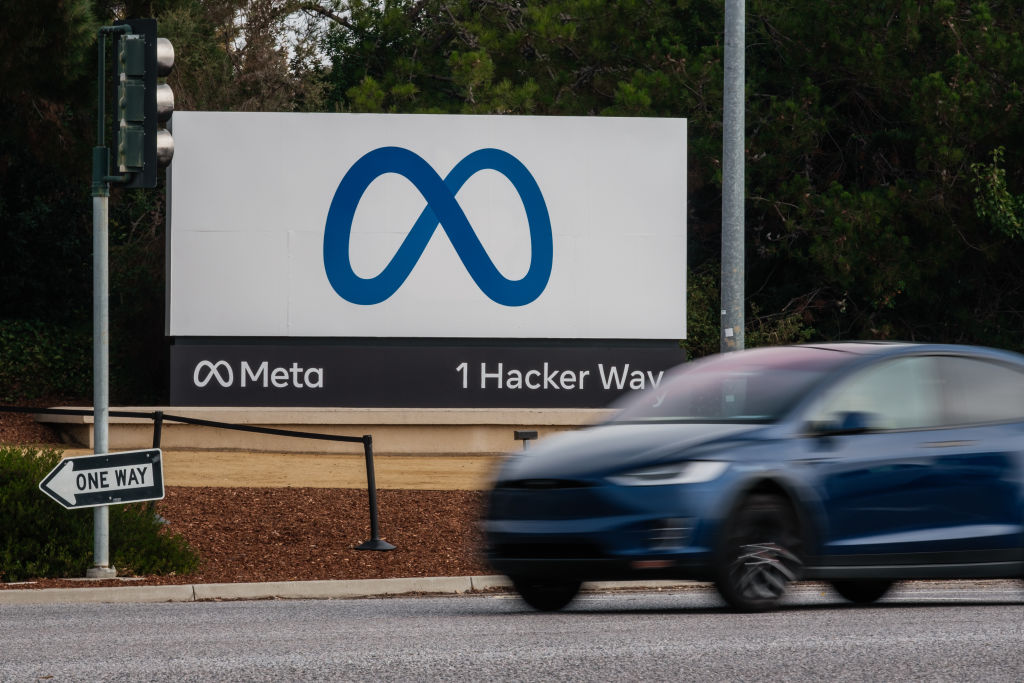 Latest Meta GDPR fine brings 12-month total to more than €1 billion
Latest Meta GDPR fine brings 12-month total to more than €1 billionNews Meta was issued with two hefty GDPR fines for “forcing” users to consent to data processing
By Ross Kelly Published
-
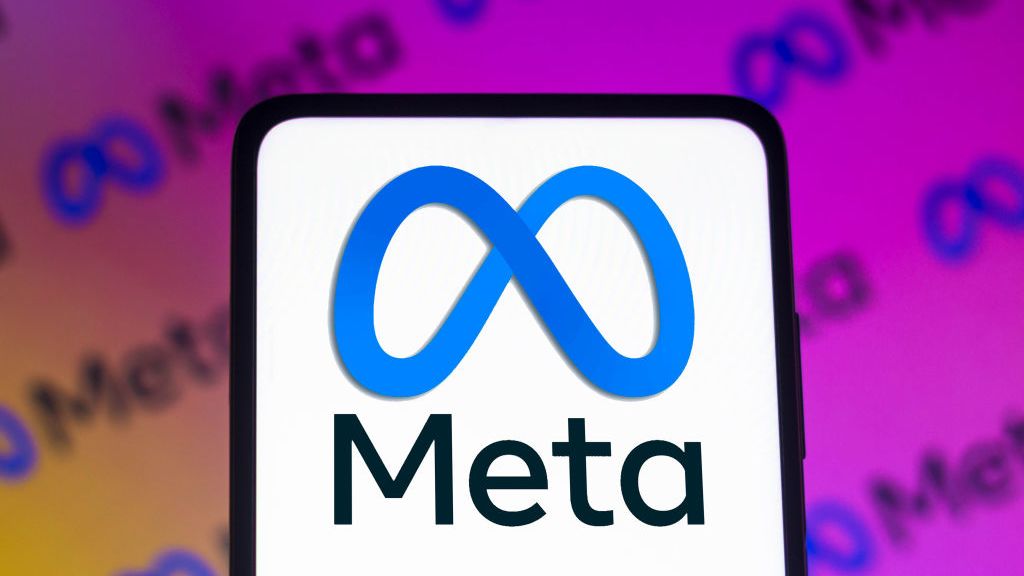 "Unacceptable" data scraping lands Meta a £228m data protection fine
"Unacceptable" data scraping lands Meta a £228m data protection fineNews The much-awaited decision follows the scraping of half a billion users' data and received unanimous approval from EU regulators
By Rory Bathgate Published
-
 Meta notifies around 1 million Facebook users of potential compromise through malicious apps
Meta notifies around 1 million Facebook users of potential compromise through malicious appsNews The vast majority of apps targeting iOS users appeared to be genuine apps for managing business functions such as advertising and analytics
By Connor Jones Published
-
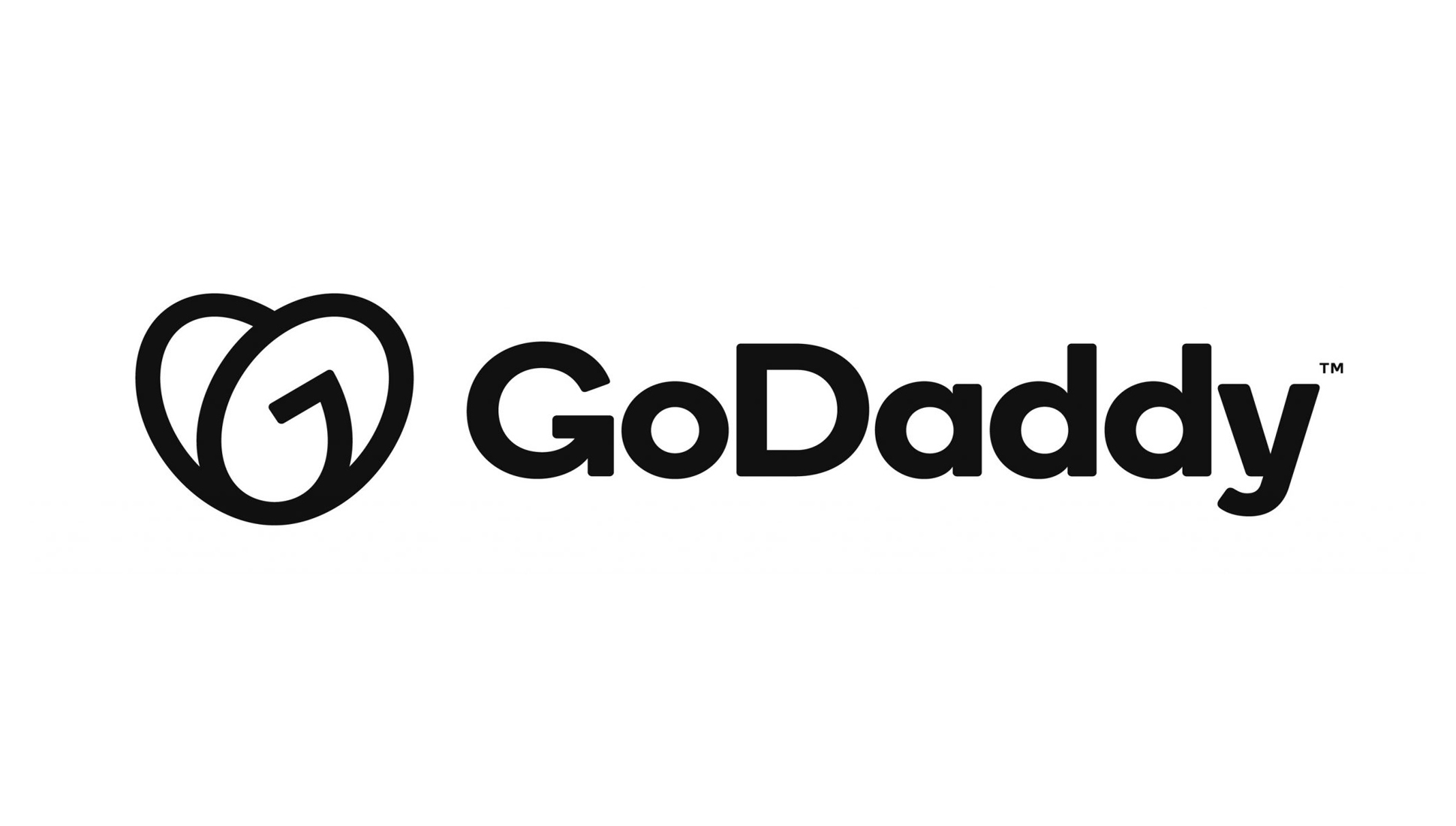 GoDaddy web hosting review
GoDaddy web hosting reviewReviews GoDaddy web hosting is backed by competitive prices and a beginner-friendly dashboard, and while popular, beware of hidden prices
By Daniel Blechynden Published
-
 Facebook business accounts hijacked by infostealer malware campaign
Facebook business accounts hijacked by infostealer malware campaignNews Threat actors are using LinkedIn phishing to seize business, ad accounts for financial gain
By Rory Bathgate Published
-
 Meta begins encrypting Facebook URLs, nullifying tracking countermeasures
Meta begins encrypting Facebook URLs, nullifying tracking countermeasuresNews The move has made URL stripping impossible but will improve analytics
By Rory Bathgate Published
-
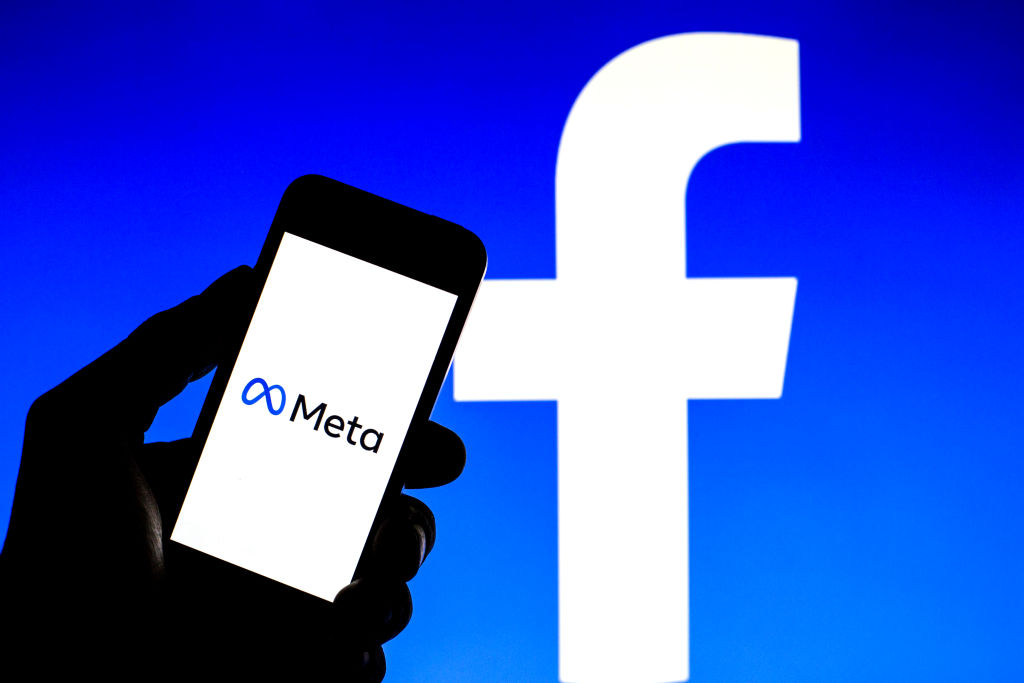 Meta hit with €17 million fine over multiple GDPR breaches
Meta hit with €17 million fine over multiple GDPR breachesNews The social media giant set aside over €1 billion in November to help it cope with potential fines arising from data protection investigations
By Zach Marzouk Published
-
 Meta says Apple's iOS privacy changes will cost it $10 billion in 2022
Meta says Apple's iOS privacy changes will cost it $10 billion in 2022News The company's CFO suggests Google "faces a different set of restrictions" because it pays Apple to remain the default iOS search engine
By Bobby Hellard Published